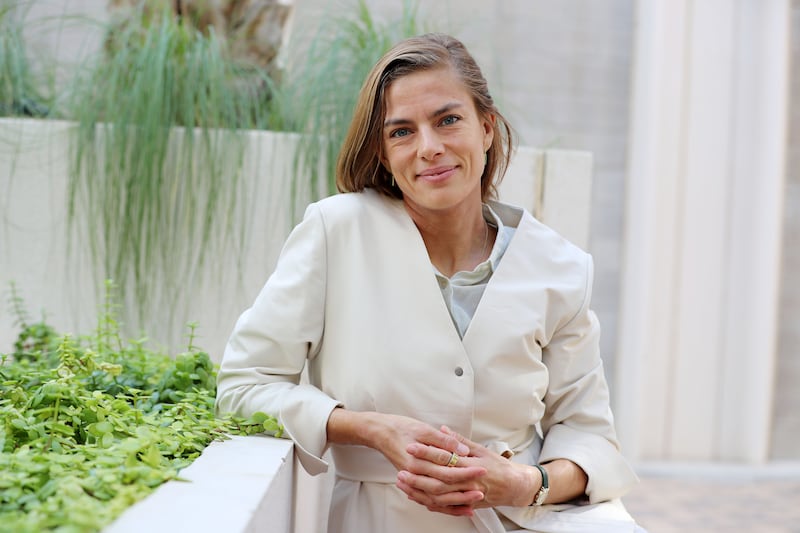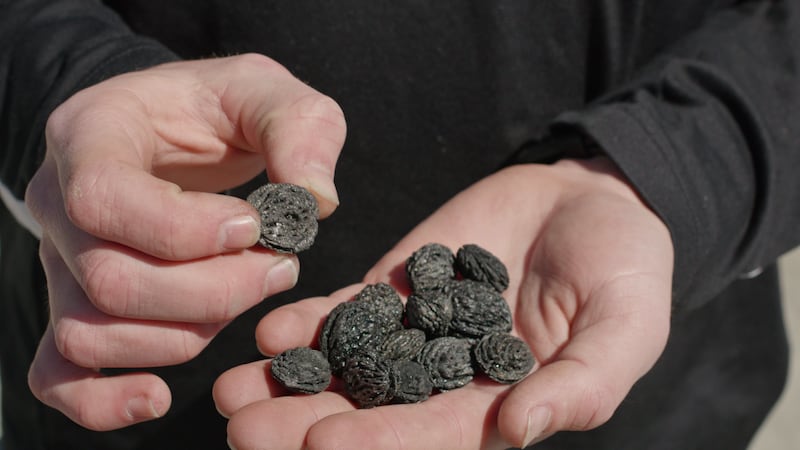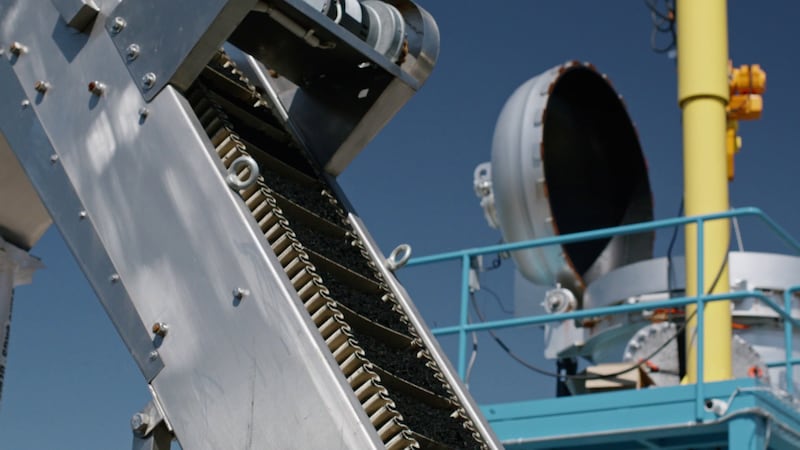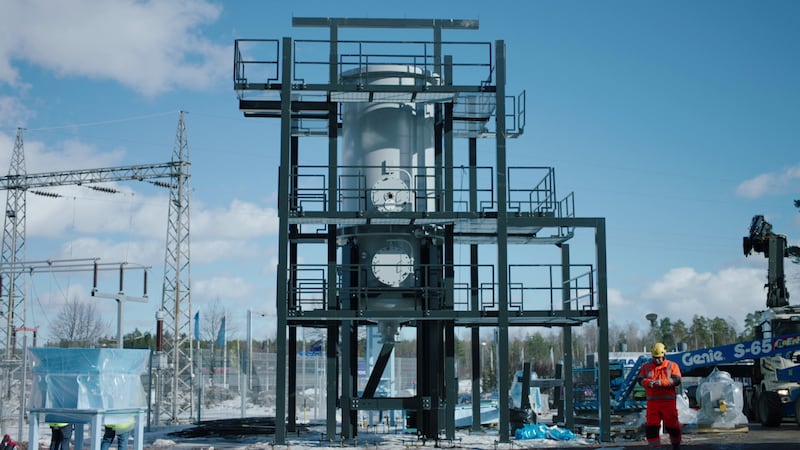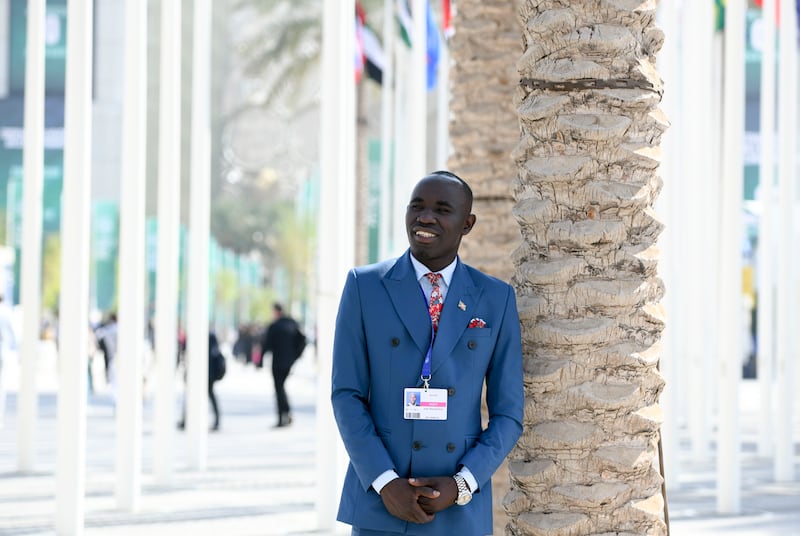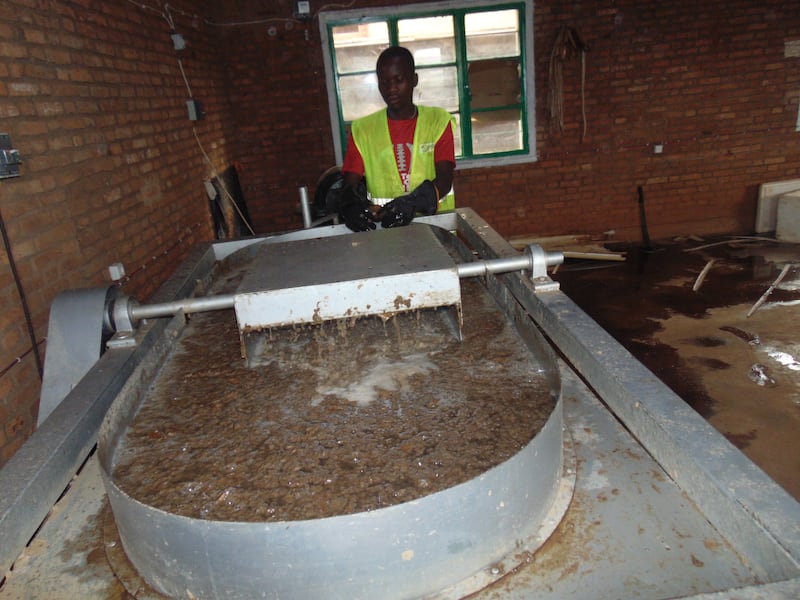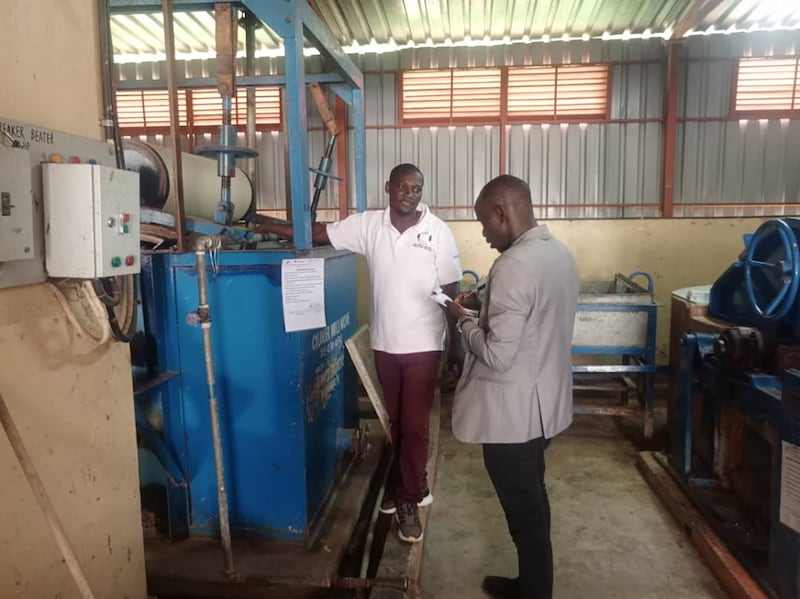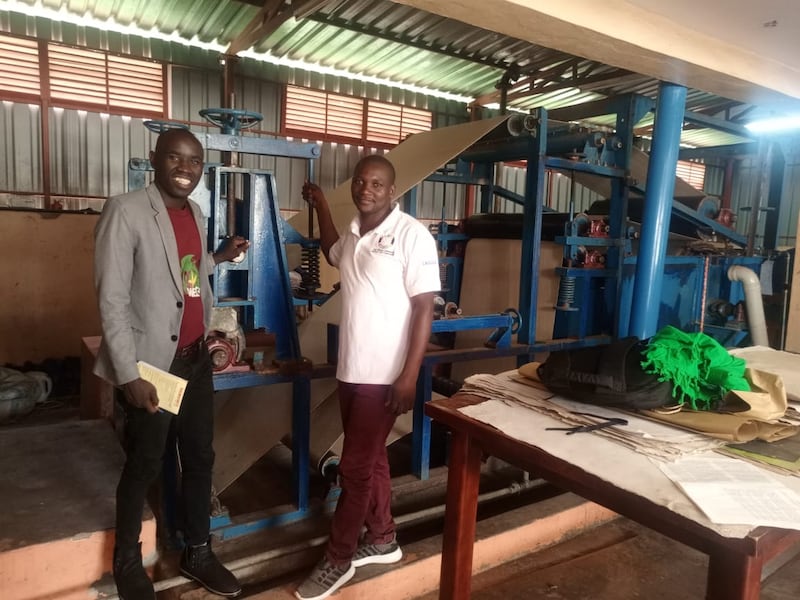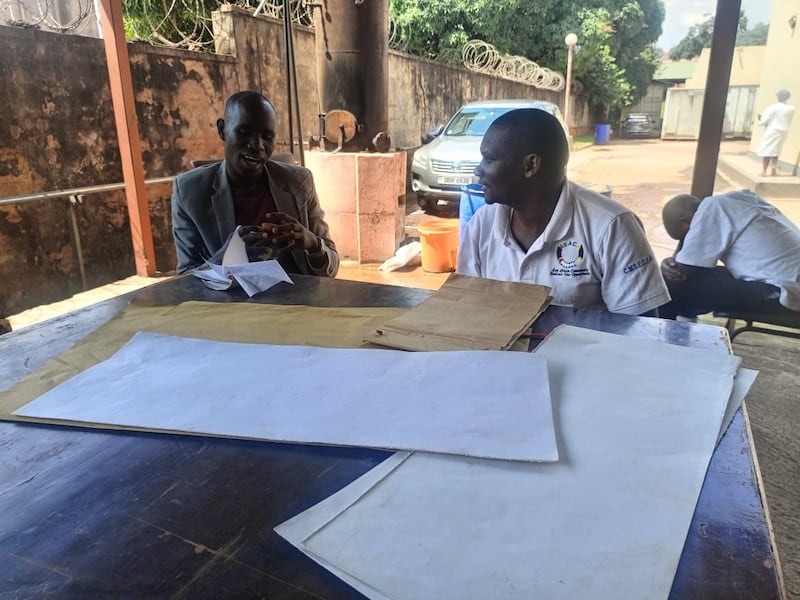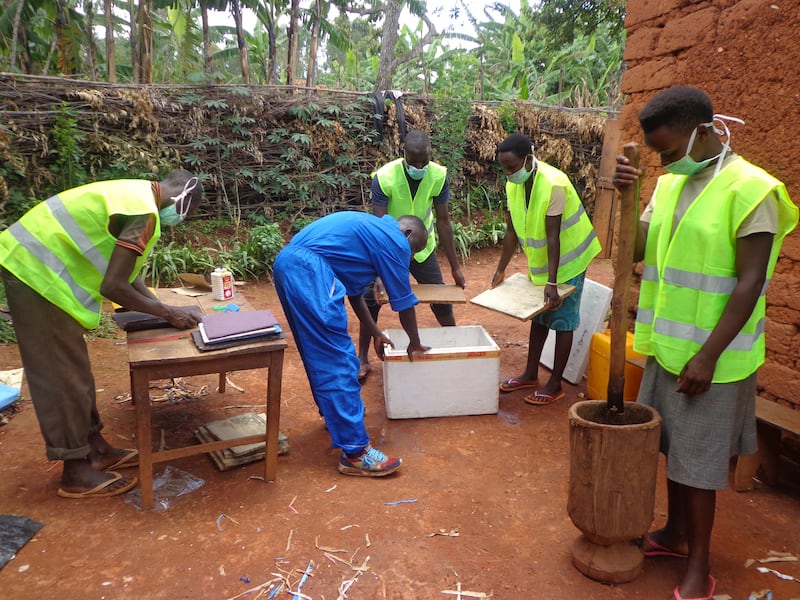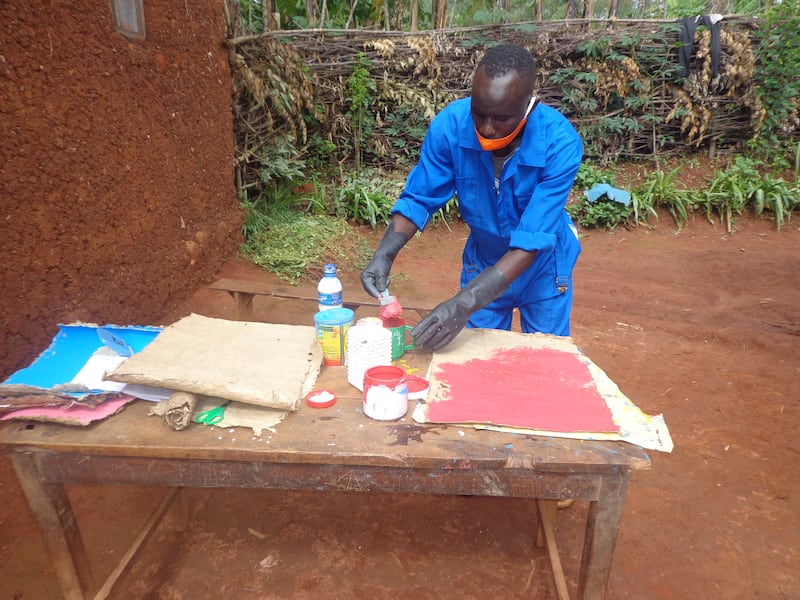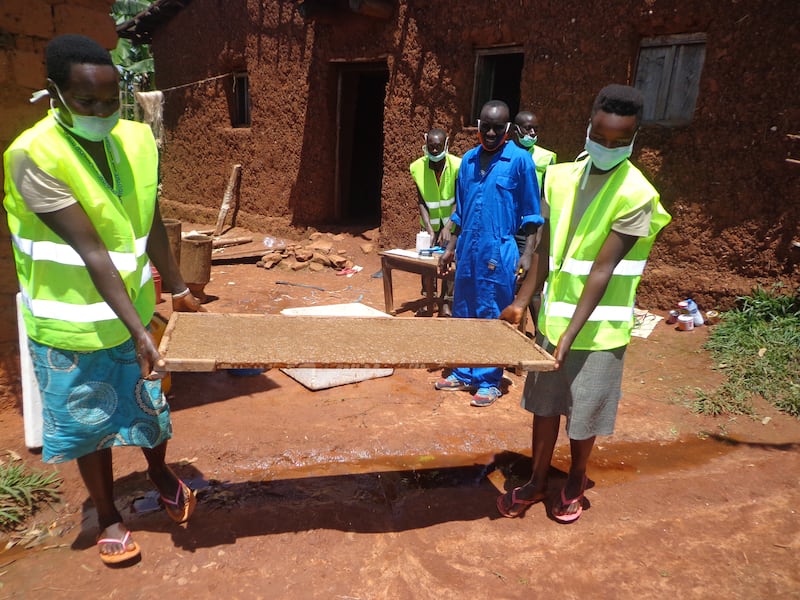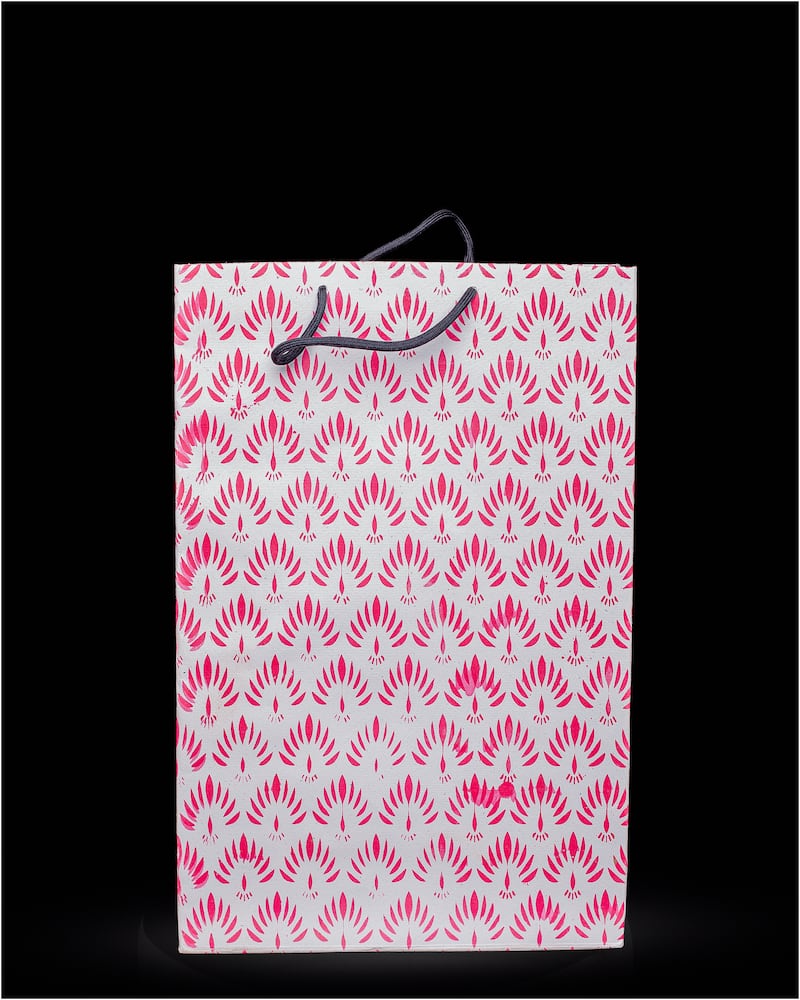The main Cop28 spotlight was on the transition away from fossil fuels and critical pledges to save the planet.
But on the sidelines of the climate conference, start-ups from Finland to Burundi shared how they were creating change in their own neighbourhoods and connected with investors about keeping carbon out of the environment.
Finnish start-up Carbo Culture recently opened a reactor near Helsinki that it says will remove about 3,000 tonnes of carbon dioxide from the air every year – roughly equivalent to the emissions produced by 1,500 petrol cars.
Co-founder Henrietta Moon said the plant produces biochar, a type of charcoal that can absorb carbon dioxide for 1,000 years.
“We feel our presence is valuable as countries think of how to keep our planet from devastating global warming,” Ms Moon told The National at the summit in Dubai.
“I feel that as the removal community, it's our duty to be present. We need to think of what the consequences are if we don’t act.”
Removing carbon dioxide
The plant uses wood waste and nutshells that would otherwise be burnt or rot in landfill, releasing tonnes of carbon dioxide.
When treated with high heat in a contained facility, the waste turns into biochar, essentially locking in the carbon.
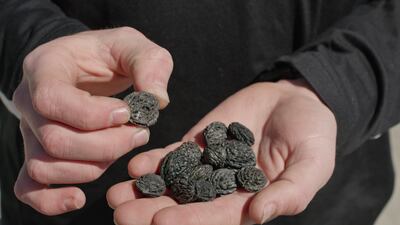
This porous biochar can be added to soil to boost nutrition as it absorbs water and is significant for sandy desert areas.
And the process is generating interest, with more than 150 production plants in Europe alone.
Carbo Culture’s plant has won funding from the European Innovation Council as part of a flagship EU programme that identifies breakthrough technologies.
“The business community needs to be awake and follow the correct pathways to keep humanity away from outcomes we wish to avoid,” said Ms Moon, named by the World Economic Forum as a Global Shaper, one of a select group working to create lasting change.
“Whether it's investors or partners, it's important to meet face-to-face, forge relationships and build trust before you enter into negotiations – this makes partnerships stronger.”
Passion to make the world plastic-free
Jolis Nduwimana, a climate change activist from Burundi, set up Wege, a green venture that manufactures eco-friendly packaging from banana, paper and rice waste.
The company produces 500 biodegradable bags per day to reduce the use of plastic which he aims to scale up to 2,000 bags daily.
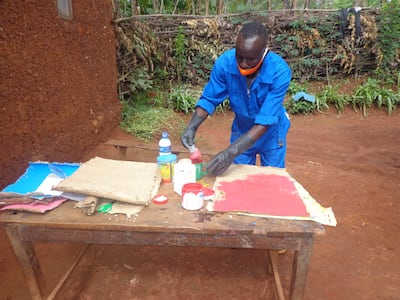
“Burundi is suffering from the effects of climate change,” said the 25-year-old who has won several awards, including from the United Nations Development Programme for creating a positive impact in his community.
“People have lost their homes, heavy rains have destroyed farms and left people deeper in poverty,” he added.
“I dream of a plastic-free world where everyone has eco-friendly substitutes.”
Burundi’s ban on the use of plastic bags since 2020 gave the company a captive market and Wege supplies recycled packaging to pharmaceutical firms, bakeries and boutiques.
Orders have also surged from neighbouring countries such as the Democratic Republic of Congo, Rwanda, Tanzania and South Sudan.
His team collects plant and paper waste that would otherwise be burnt from 15,200 small-scale farmers and cooperatives.
They then spend hours separating the waste and boiling the banana waste in large vats, before converting it into pulp that is dried in the sun and then converted into bags.
Climate change touches everyone
The green transition has provided Mr Nduwimana with a way to lift his family out of poverty.
He had previously worked as a daily-wage labourer to provide for four younger siblings.
A presidential decree on banning plastic bags set him thinking about how he could contribute to solutions.
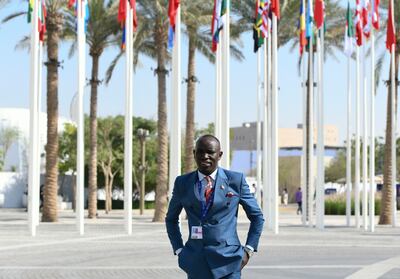
“I carried heavy goods on my back and shoulders, medicines, clothes, cement, sand bags, sacks of flower,” he said.
“I knew I had to do something more.”
He researched eco-friendly packaging, studied for a university degree and completed entrepreneurship programmes by night.
He now wants to produce sustainable cartons and bottles from farm waste and reach markets in the Middle East.
“I want to do whatever I can to combat climate change because it touches everyone’s lives,” he said.
“Cop28 helped me meet experts in sustainability and investors as I want to reach markets far beyond Burundi.”
Making climate connections
Both companies were among 19 start-ups invited to Cop28 by Expo City Dubai.
“These start-ups represent a diversity of grass roots solutions from all over the world,” said Yousuf Caires, executive director Expo Live Innovation at Expo City Dubai.
“Often we hear a lot about the problems we have to solve but we don’t hear about solutions.
“What stands out is the commitment of these entrepreneurs to transform their stories into opportunities.”
Connections made at Cop28 will support long-term growth.
“Cop tends to be focused on high numbers and those are important,” he said.
“But often they overshadow the progress that start-ups make when they engage in partnerships.
“These are not in billions and don’t make the news.
“But it’s these wins that matter to show progress is taking place and this is the way to a sustainable future.
“It’s these organisations, big and small, that are addressing global problems.
“Cop28 has been a place for them to build momentum, to be heard by future partners – that’s why Cop is so important.”
